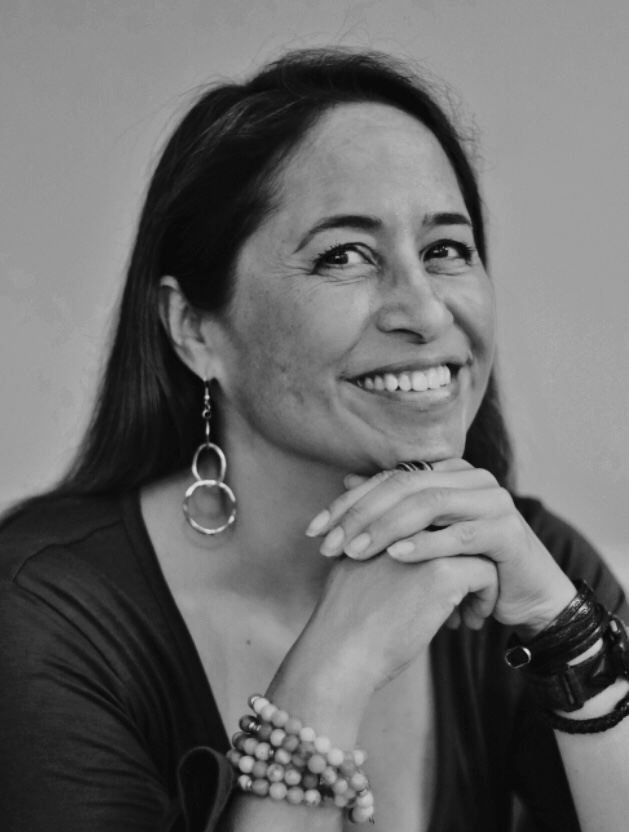There is an element of grief most parents experience when they become empty-nesters. For some, it feels as if quiet has blanketed the house. Others may forlornly glance into their child’s bedroom and wonder what he or she may be doing at that moment. An emptiness tugs.
It is important to acknowledge and process one’s feelings, and not to deny their existence. If not dealt with, such feelings can emerge unexpectedly or affect you in subconscious, yet negative ways. But when we emerge from this stage, we may realize that this chapter of our lives is ripe with possibilities. In fact, it has the potential to be your best yet.
Priorities change at this stage in our lives. Our children do not need us in the intense way they did before reaching this milestone. If we have done our as parents, we assume more of a consultant’s role with our teens as they learn to navigate the world on their own. We now have more time to explore and concentrate on what brings us joy. It is, in some ways, the “sweet spot” in a woman’s life. The majority of us are still ambulatory and have the physical ability to try a multitude of new things. We are comfortable with who we are, and may have more financial security.
Our time is no longer governed by our children’s schedules. Our time becomes our own. Meal menus can change to whatever you feel like making—or ordering—for dinner. We have the time to indulge our desire to learn new things, travel, catch up with friends, write, work and relax.
We can shape this chapter of our lives in a multitude of ways. At age 49, I became sober, got divorced and became an empty-nester. I initially felt rudderless. For my 50th birthday, I decided to try 50 new things. The list ranged from physical challenges, to spiritual endeavors, to travel, to thrill-seeking, to lifestyle changes. In the process of pursuing these things, I re-blossomed. You can, too.
I became conscious that we, as a society, are careful about how we spend our money, but less mindful about how we spend our time. Yet time is the one resource that is of uncertain duration, un-replenishable and cannot be bought. This awareness caused me to reprioritize how I spend my days.
As a recovering people-pleaser, I learned the value of practicing the pause. Before committing to anything, I asked myself if I really wanted to do the thing before me, or merely felt the obligation to do so. I reflected on whether the commitment would unnecessarily deplete me and whether it would bring me joy. I learned how to set appropriate boundaries. Over time, this approach changed my life, as self-care became more of a daily pursuit.
Bronnie Ware, a former nurse, has written about the top five regrets expressed by her dying patients:
1. I wish I’d had the courage to live a life true to myself, not the life others
expected of me.
2. I wish I hadn’t worked so hard.
3. I wish I’d had the courage to express my feelings.
4. I wish I had stayed in touch with my friends.
5. I wish I had let myself be happier.[1]
I am determined to not have any of these regrets when my time comes.
I consciously surround myself with people who help me to be the best version of myself that I can be. I spend more time nurturing relationships with those I care about the most. I avoid toxic, negative people. I learned how to enjoy being alone. I appreciate the difference, now, between being alone and being lonely. My life has improved exponentially.
This time in our lives is a gift. In fact, each day is a gift and a fresh chance to grow in a different way. Trying new things does not have to be costly. I live in the nation’s capital and have yet to visit every museum in D.C., most of which are free. The internet has opened a wider world to all of us. Podcasts and online lectures provide a smorgasbord of ways to stretch your mind. Every area of our country can benefit from volunteers. Opportunities abound online, and likely in your neighborhood. We each have the time and enough life experience to make this world a better place because we were here. It’s your time, even more so now that the kids are launched. It’s up to you what you do with it.
[1] Bronnie Ware, “The Top Five Regrets of the Dying” Uplift, February 3, 2016,
http://upliftconnect.com/regrets-of-the-dying/, accessed July 12, 2017.


